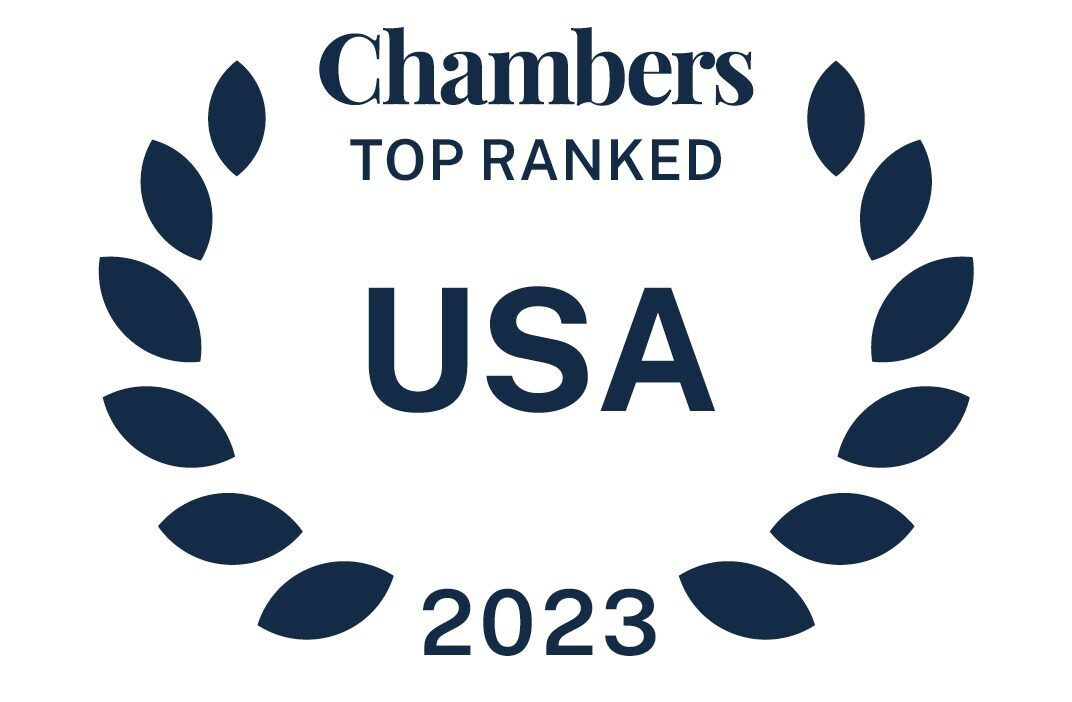The digital health and health tech sectors are undergoing a period of accelerated transformation amidst a fragmented regulatory landscape. Companies are looking within and to peers to determine how to pursue innovation while balancing financial and regulatory risks in this challenging landscape, while investors are waiting for leaders to emerge. This briefing outlines four critical inflection points that are redefining the market.
1. AI in Healthcare: Building Trust and Embracing Risk Amidst Regulatory Uncertainty
Inflection Point: With no clear federal legal framework for AI in healthcare, organizations must work with internal and external stakeholders to build trust and understanding of the technology while proactively managing risk to drive adoption.
- Addressing Knowledge Gaps: Many patients lack the context to evaluate AI-driven decisions. Public-facing materials and clinician communication are key to bridging this gap. Empowering patients to engage with their own medical data – the information AI uses – establishes transparency and can build trust in AI-assisted care.
- Progress, Not Perfection: The question isn’t whether AI is perfect—it’s whether it’s better than current alternatives. Humans also make mistakes, but human error is more acceptable to the public than AI error. Framing AI as a tool for enhancement, not replacement, helps build trust. Communicating success stories to overcome negative perceptions in the court of public opinion is an important step in advancing AI within healthcare.
- Risk Without Regulation: The absence of federal AI regulation requires healthcare organizations to build internal frameworks for risk quantification and mitigation.
- Human-in-the-Loop Models as a De-Risking Strategy: At this time, AI is most often being deployed as clinical decision support—not as a replacement for clinicians. These models must be pressure-tested by competent humans to avoid hallucinations and ensure accountability. From a legal standpoint, the source of error—human or machine—doesn’t change the risk. What matters is whether the output was pressure-tested by a qualified reviewer.
Investor Insight: Back companies that treat AI governance as a strategic asset, not just a compliance checkbox. The strongest players combine defensible frameworks, clear accountability, and alignment with emerging federal and state guidance with real-world evidence and proven use cases. Models that embed meaningful human oversight, anchored by the pedigree and expertise of the individuals in that loop, reduce both clinical and regulatory risk. That combination makes them far more investable and better positioned for long-term adoption.
2. Payment Model Volatility: Navigating the Cash-Pay Surge and Reimbursement Gaps
Inflection Point: The traditional reimbursement ecosystem is now one of many paths for digital health companies.
- Cash-Pay Expansion: We see continued growth in cash-pay models given challenges with health plan coverage and consumer preferences to leverage virtual models for certain treatments, such as weight loss.
- Reimbursement Realities: Many digital health companies are opting out [...]
Continue Reading
read more


 Subscribe
Subscribe

